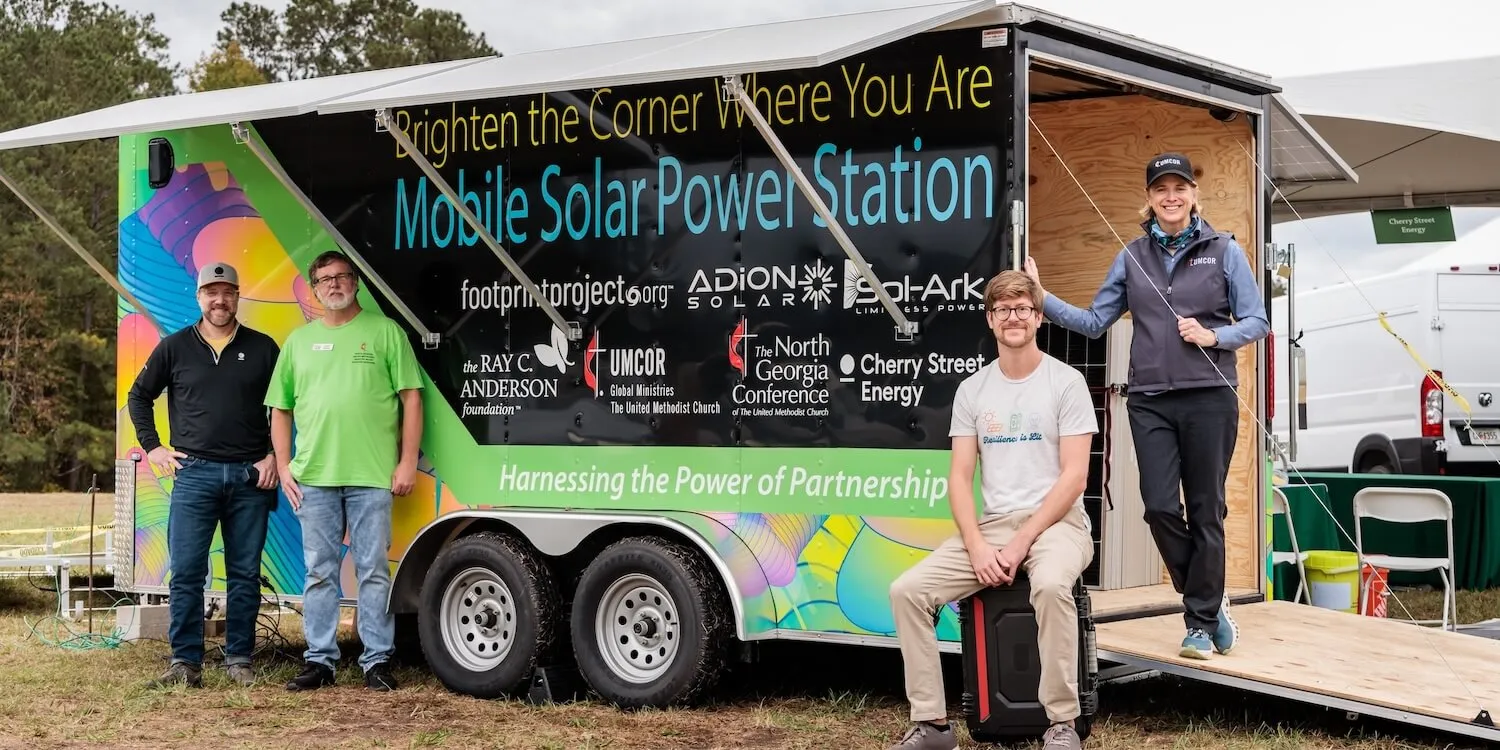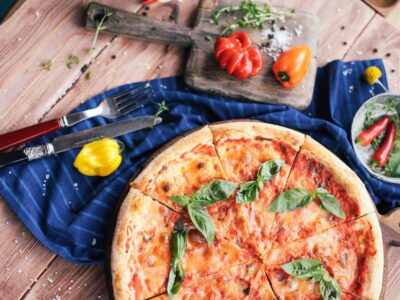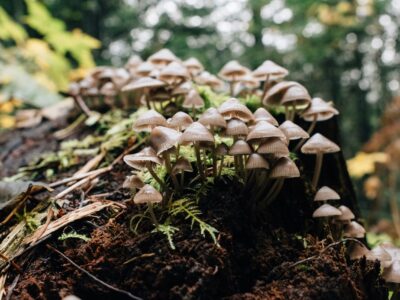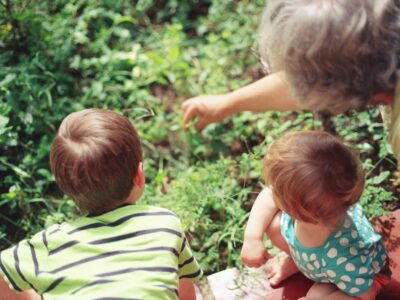From solar panels to silverware lending libraries, and beyond, more and more Christians are in a continued pursuit of God’s calling on their lives. In the United Methodist Church, 57 such individuals were recently commissioned as Global Ministries EarthKeepers.
According to the denomination’s website, Global Ministries EarthKeepers trains and equips United Methodists in the United States for environmental stewardship, linking together theology, community organizing, anti-racism, and creation care. Once trained, EarthKeepers use this newfound knowledge to deepen existing or develop new environmental projects for their churches or communities.
“In a year of epic heat, storms, fires, floods and droughts, the work of Global Ministries EarthKeepers is crucial,” said Roland Fernandes, general secretary of Global Ministries and UMCOR. “The world needs faithful leaders in every community to take action to harness climate change and interrupt environmental degradation. Global Ministries is proud to support these United Methodists as they answer God’s call to care for creation.”
The Global Ministries EarthKeepers program has existed since 2016 and blossomed out of a desire to help people put their environmental passion into action.
There are now hundreds of graduates of the Global Ministries EarthKeepers program, working around the globe to transform communities. These grassroots efforts connect individuals to the greatest problems of the world by empowering them to make a difference at a local level.
The variety of projects that have come to fruition over the last 8 years as a result of the Global Ministries EarthKeepers program is surprising and inspiring.
There are the usual community garden projects, which provide much-needed nutritional and local produce as well as connecting people who long for community, and then there are projects that have been born out of needs and ingenuity, like Leigh Williams’ silverware lending library.
Through the silverware lending library at First United Methodist Church Cary in North Carolina, borrowers can take out reusable cups as well as spoons, forks, and knives to replace both plastic silverware and plastic cups, which most recycling facilities cannot process. The project was partially funded by a grant from Wake County Solid Waste for landfill diversion. Williams used the funding to buy more used silverware and other products. When people borrow supplies, they can also take a bucket for composting. Borrowers don’t even need to clean their silverware before they return them; the church will run them through the sterilizing dishwasher.
Reverend Adam Burns, pastor of the Church of the Reconciler in downtown Birmingham, Alabama, sought out the EarthKeepers program to address both the lack of locations to recycle plastic in the downtown community as well as the hopelessness, homelessness, and drug and alcohol addiction issues in his community.
Burns attended a Climate Summit in Nashville, Tennessee in 2019, during which he had a revelation: why not unite EarthKeeping and climate justice with the marginalized community he serves? The church now holds a plastic recycling workshop. Some members collect plastics, others shred, melt, and reform that plastic into new products. They’ve also discussed partnerships with other endeavors to recycle plastics, like #5 plastics, that many places won’t recycle. The workshop combines employment and environmental justice, meeting a whole host of needs in the community.
The community in Laredo, Texas, had no idea how much their solar panel installation would benefit their community and help address the needs of migrants, climate, and affordable energy access when they first took on the project. The timing of their project aligned with the beginnings of the COVID-19 pandemic, which dramatically impacted their community. Laredo is about 98% Hispanic. The rate of unemployment in the region was already high prior to COVID but skyrocketed during the pandemic.
Fortunately, two years before the pandemic, the Holding Institute began working with other groups on El Sol Community, a community center powered by solar panels to reduce the burden of utility bills. The installation was completed just before the pandemic began.
Energy resilience for their community meant for the first time, the center could distribute milk, fresh fruit and vegetables. The solar investment “produced a clear, direct impact we can see,” said Michael Smith, Executive Director of the Holding Institute and local UMC pastor.
“God moves in ways we can’t comprehend or quantify,” Smith shared in a UMC article about the installation. “We are blessed by seeing people work together and reach out across denominational divides. El Sol Community represents a sustainable hope where sometimes little hope is apparent.”
These programs and more—nature-based therapy to support people of color, conservation projects on the Atlantic Ocean’s barrier islands, solar microgrid trailers—are all completed by individuals with a heart for their communities and a conviction that caring for creation matters, to our neighbors, to ourselves, and to God.
What will this cohort of EarthKeepers do next?





 Copyright
2024
Root and Vine
Copyright
2024
Root and Vine